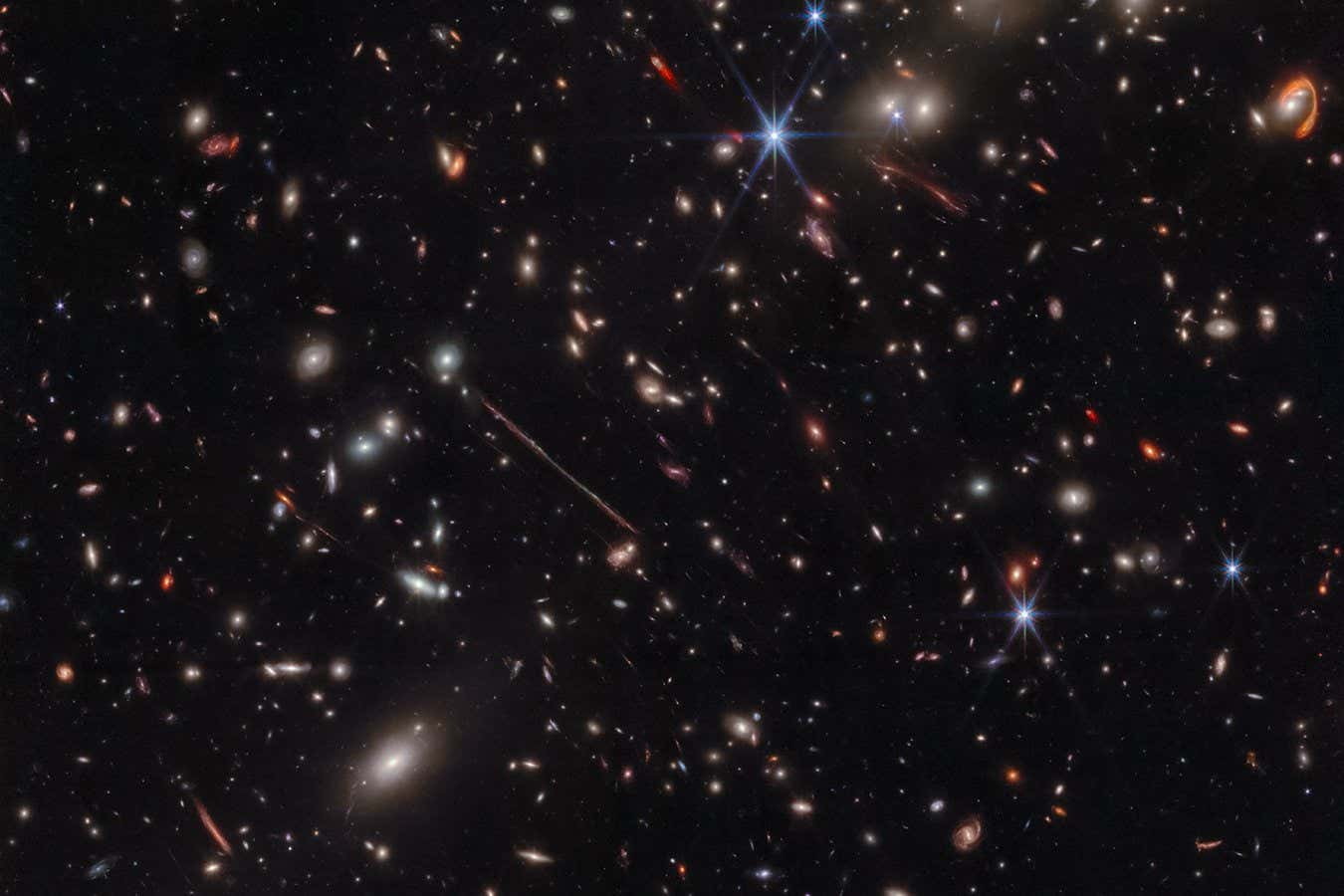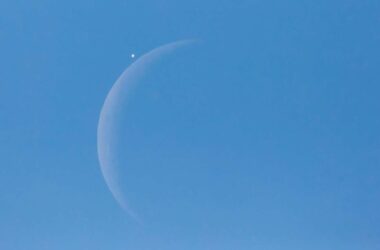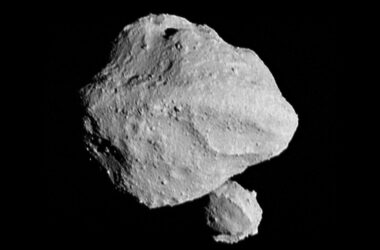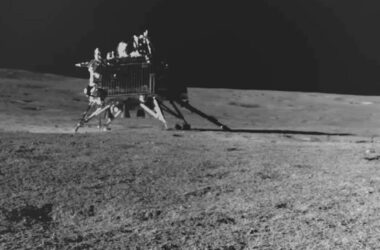The James Webb Space Telescope’s infrared image of the galaxy cluster El Gordo
NASA, ESA, CSA
Galaxies in the early universe have a lower concentration of heavy elements, or metals, compared to what is expected. The James Webb Space Telescope (JWST) has made observations that show these galaxies do not follow a fundamental rule about galaxy evolution that is applicable to the relatively nearby universe, which means a more recent universe.
Kasper Heintz at the University of Copenhagen in Denmark and his colleagues used JWST to observe 16 galaxies that formed within the first 750 million years after the Big Bang. Their findings indicate that these galaxies have lower levels of heavy elements compared to what would be expected based on our understanding of galaxies that are closer to us.
Heintz says, “The physics that drives galaxy formation and evolution at these early epochs must be drastically different than what we observe today.” While some simulations predicted this phenomenon and there were hints from other observations, this is the first solid evidence of the discrepancy.
The observations suggest that these galaxies become diluted by pristine gas without metals. They are most likely born with metal abundances that are relatively low, although not abnormally so. Then, they consume gas from the surrounding intergalactic material.
This indicates that these galaxies are not as independent from their surroundings as the ones we see in the nearby universe. Heintz says, “If we are to understand galaxy evolution at the earliest epochs, we can no longer treat them as individual ‘ecosystems’.” We need to consider their close connection to the surrounding intergalactic or circumgalactic gas.
This is not the first unexpected finding made by JWST in early galaxies. The telescope has also discovered that these galaxies are much more massive and abundant than originally anticipated. The new observations could potentially exacerbate the difficulties in understanding early galaxy evolution, as the large amounts of gas needed to dilute them would make them even more surprisingly massive.
Topics:
- galaxies
- James Webb space telescope








